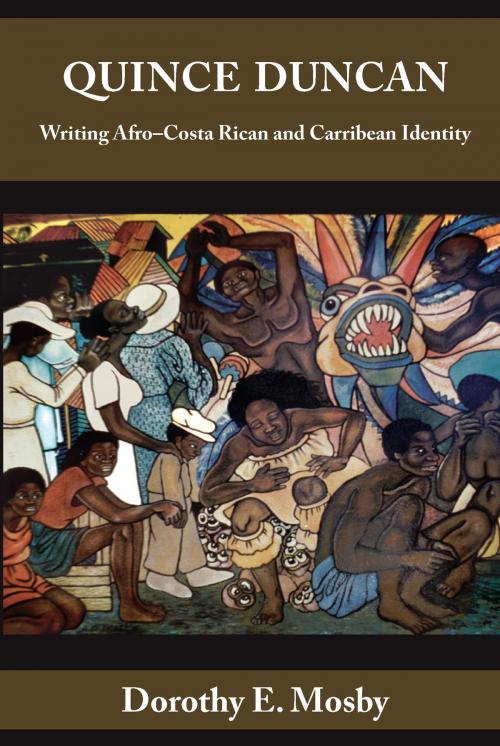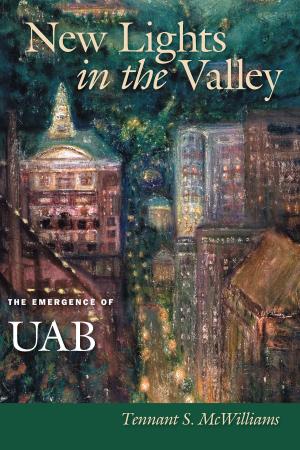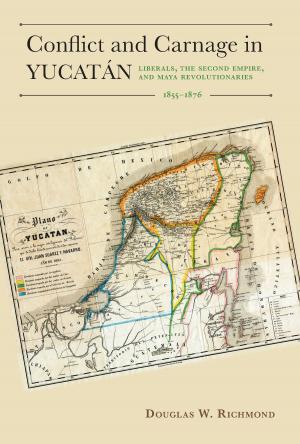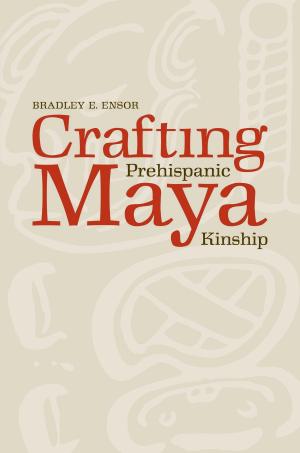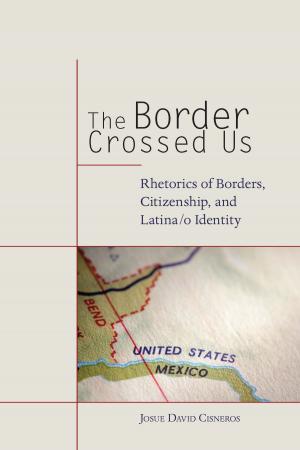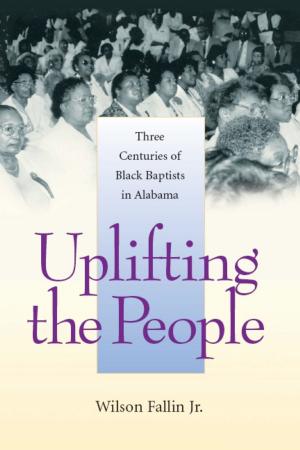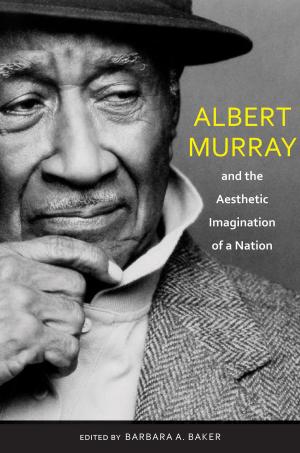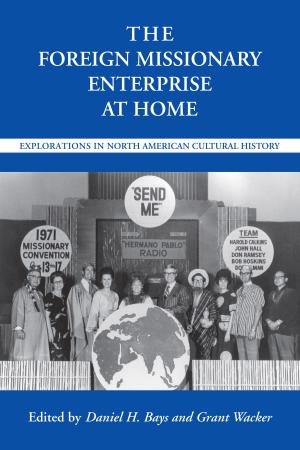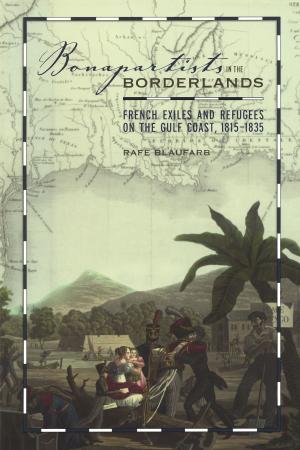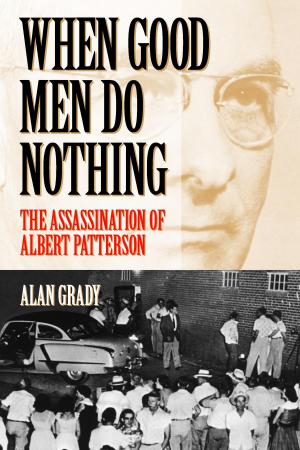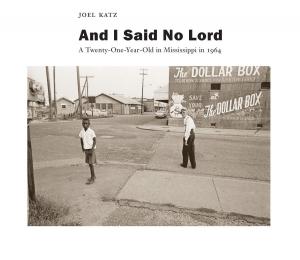Quince Duncan
Writing Afro-Costa Rican and Caribbean Identity
Fiction & Literature, Literary Theory & Criticism, Black, American| Author: | Dorothy E. Mosby | ISBN: | 9780817387228 |
| Publisher: | University of Alabama Press | Publication: | February 28, 2014 |
| Imprint: | University Alabama Press | Language: | English |
| Author: | Dorothy E. Mosby |
| ISBN: | 9780817387228 |
| Publisher: | University of Alabama Press |
| Publication: | February 28, 2014 |
| Imprint: | University Alabama Press |
| Language: | English |
Quince Duncan is a comprehensive study of the published short stories and novels of Costa Rica’s first novelist of African descent and one of the nation’s most esteemed contemporary writers.
The grandson of Jamaican and Barbadian immigrants to Limón, Quince Duncan (b. 1940) incorporates personal memories into stories about first generation Afro–West Indian immigrants and their descendants in Costa Rica. Duncan’s novels, short stories, recompilations of oral literature, and essays intimately convey the challenges of Afro–West Indian contract laborers and the struggles of their descendants to be recognized as citizens of the nation they helped bring into modernity.
Through his storytelling, Duncan has become an important literary and cultural presence in a country that forged its national identity around the leyenda blanca (white legend) of a rural democracy established by a homogeneous group of white, Catholic, and Spanish peasants. By presenting legends and stories of Limón Province as well as discussing the complex issues of identity, citizenship, belonging, and cultural exile, Duncan has written the story of West Indian migration into the official literary discourse of Costa Rica. His novels Hombres curtidos (1970) and Los cuatro espejos (1973) in particular portray the Afro–West Indian community in Limón and the cultural intolerance encountered by those of African-Caribbean descent who migrated to San José. Because his work follows the historical trajectory from the first West Indian laborers to the contemporary concerns of Afro–Costa Rican people, Duncan is as much a cultural critic and sociologist as he is a novelist.
In Quince Duncan, Dorothy E. Mosby combines biographical information on Duncan with geographic and cultural context for the analysis of his works, along with plot summaries and thematic discussions particularly helpful to readers new to Duncan.
Quince Duncan is a comprehensive study of the published short stories and novels of Costa Rica’s first novelist of African descent and one of the nation’s most esteemed contemporary writers.
The grandson of Jamaican and Barbadian immigrants to Limón, Quince Duncan (b. 1940) incorporates personal memories into stories about first generation Afro–West Indian immigrants and their descendants in Costa Rica. Duncan’s novels, short stories, recompilations of oral literature, and essays intimately convey the challenges of Afro–West Indian contract laborers and the struggles of their descendants to be recognized as citizens of the nation they helped bring into modernity.
Through his storytelling, Duncan has become an important literary and cultural presence in a country that forged its national identity around the leyenda blanca (white legend) of a rural democracy established by a homogeneous group of white, Catholic, and Spanish peasants. By presenting legends and stories of Limón Province as well as discussing the complex issues of identity, citizenship, belonging, and cultural exile, Duncan has written the story of West Indian migration into the official literary discourse of Costa Rica. His novels Hombres curtidos (1970) and Los cuatro espejos (1973) in particular portray the Afro–West Indian community in Limón and the cultural intolerance encountered by those of African-Caribbean descent who migrated to San José. Because his work follows the historical trajectory from the first West Indian laborers to the contemporary concerns of Afro–Costa Rican people, Duncan is as much a cultural critic and sociologist as he is a novelist.
In Quince Duncan, Dorothy E. Mosby combines biographical information on Duncan with geographic and cultural context for the analysis of his works, along with plot summaries and thematic discussions particularly helpful to readers new to Duncan.
